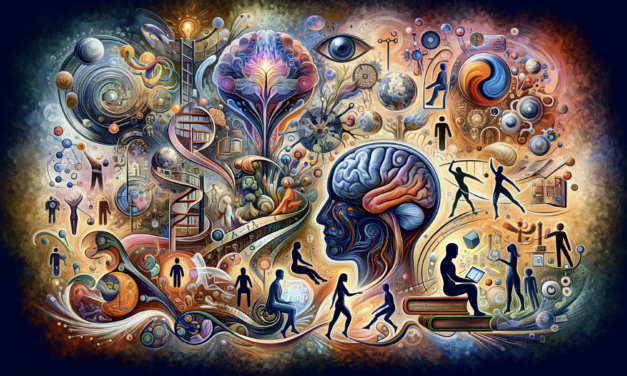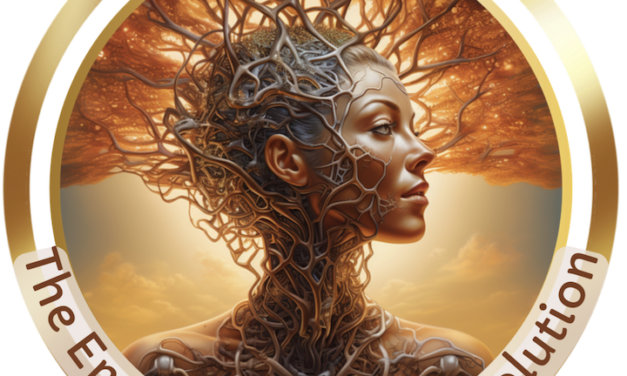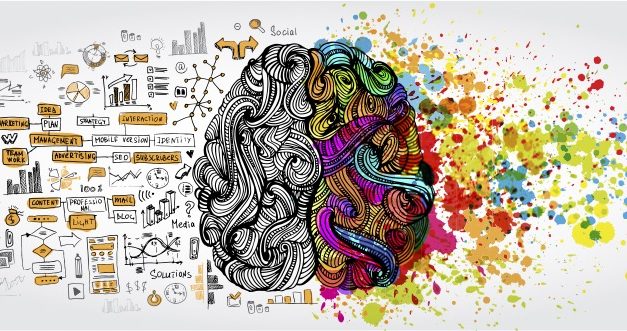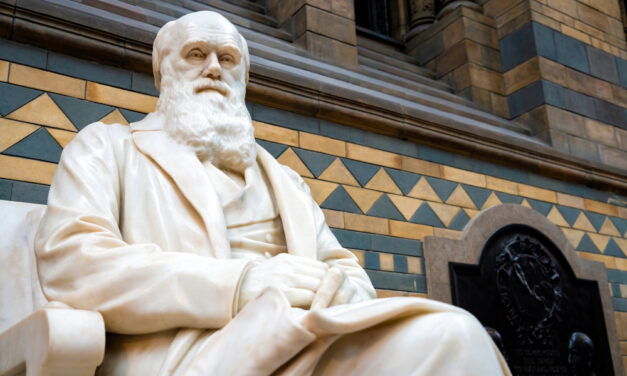Who Do You Think You Are? The Story Your Body Tells.
Who are we but stories woven into the fabric of reality? Our identities, a tapestry of tales told by the body to navigate the maze of society, survival, and self. From the social scripts we share to the subconscious sagas our brains script for survival, every moment is a narrative in motion. Dive into the profound dialogue between psychology, neuroscience, and anthropology as we unravel the ‘story your body tells’—a chronicle not of mere existence, but of thriving in a world wired by stories.
Read More





